8. Mustang (Deniz Gamze Ergüven, 2015, France/Turkey/Germany)
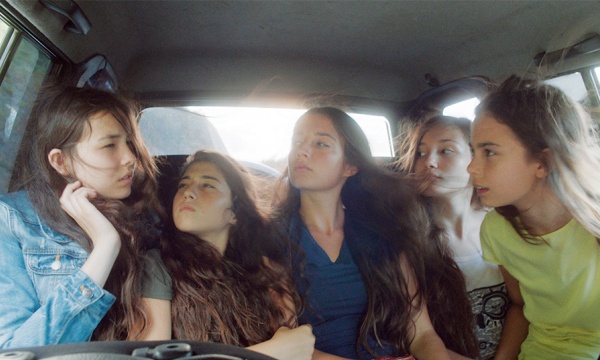
Deniz Gamze Ergüven made a stunning and tough film about sisterhood and the struggles of young women in a society with old traditions and overruling adults.
“Mustang” starts off rather nicely with beautiful nature, beautiful shots, and some beautiful actresses. It’s rather delightful how the five sisters share laughs and rebellious humor, and how they loyally stick up for each other. It gives the audience hope as the girls use their intelligence and independence to defy the oppressing adults and traditions. However, slowly, one by one, the sisters fall apart, each in their own way, and life becomes truly tough and wretched.
The building of the characters and their issues is so strong and believable that there isn’t even an ongoing need for visuals or explanations to make a sorrowful impact on the audience. The sound of a gunshot is quite enough to let us know of the fate yet another sister has succumbed to because of narrow-minded patriarchal family traditions.
7. The Children are Watching Us (Vittorio De Sica, 1944, Italy)
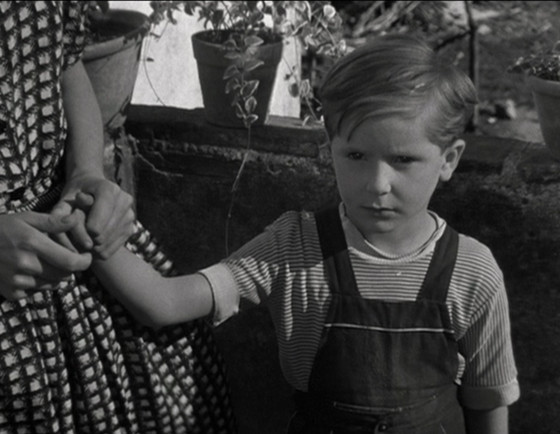
Neorealism, as the word suggests, focuses on making films realistic, so that the film draws in the audience by presenting relatable characters and struggles. The perhaps best known neorealist film, “Bicycle Thieves”, also directed by Vittorio De Sica, is another great example of a sad film dealing with the relation between parent and child, though “The Children are Watching Us”, from the earliest years of De Sica’s career, will probably leave you even more devastated.
It’s the story of a young boy, Pricó, who’s caught between his mother’s infidelity and his father’s despair at the situation. Pricó naturally feels let down, and as both of his parents leave him behind in each their own way, the boy makes a very grown-up decision that he shouldn’t have to make, namely to not trust his mother and her fluctuating love life any longer.
It’s an intense story with eminent acting from both Emilio Cigoli and Luciano De Ambrosis, and it truly investigates the sorrow that parents, knowingly or not, can inflict onto their children.
6. The Look of Silence (Joshua Oppenheimer, 2014, USA/And more)
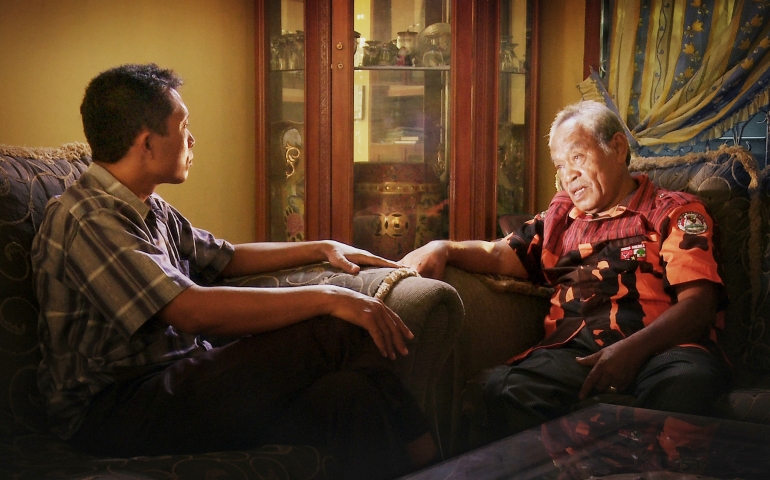
You may as well have added “The Act of Killing” to this list, and since they are partner pieces, in a way it is. The reason why “The Look of Silence” might have a slightly larger emotional impact on its viewer, is because of the way that Joshua Oppenheimer chooses to take the point of view of the victims of the brutal Indonesian purge of “communists” in 1965, hereby making it a much more personal and touching documentary.
It makes an immense impact in that this is a documentary where the real culprits and victims re-enact and talk about what happened in the past. You sometimes even have to remind yourself that this is reality, since some of the characters might as well have been taken out of a Quentin Tarantino film, as the killers proudly re-enact their murders with great smiles on their faces.
It’s only when we watch how the victim’s brother, the anonymous person we follow through the film, witnesses all of this without showing any exterior emotions, that we are pulled back to the brink of reality.
There are many horrific scenes worth mentioning from this incredible documentary, but as the credits roll it is all summed up, as almost half of the names mentioned are anonymous. It makes one realize the stakes of telling a story like this.
5. Changeling (Clint Eastwood, 2008, USA)
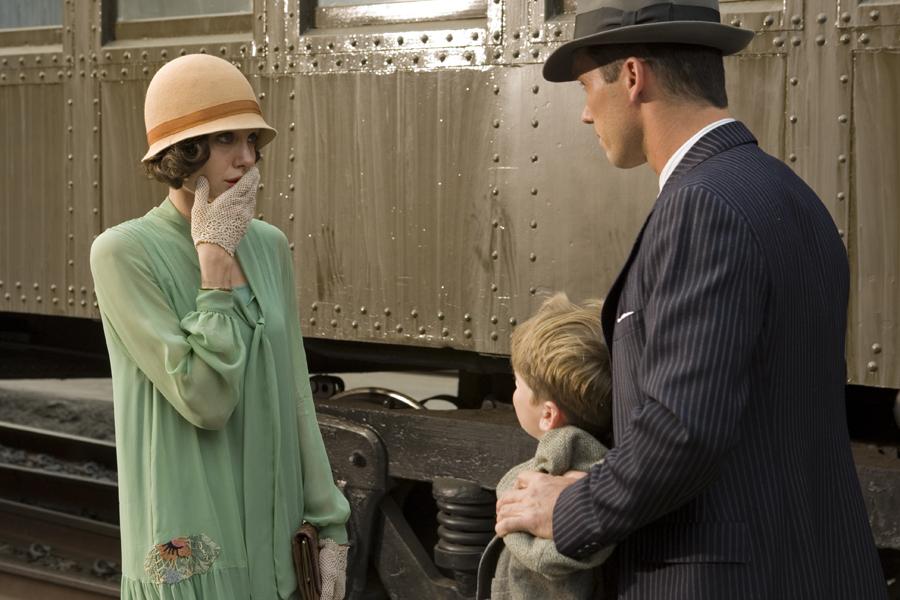
This is a Clint Eastwood drama with Angelina Jolie in the lead role, in a film based partially on true events. It ought to be a success, and so it is, but it’s not one of his most famous films. Nonetheless, though Eastwood is not unfamiliar with films that can be somewhat upsetting, to say the least (“Million Dollar Baby”, “Gran Torino” etc.), this one might just be the most grievous and heartbreaking of them all.
Jolie is stunning and very convincing as Christine Collins, a single mother whose young son suddenly goes missing. This is just the beginning of a string of horrible incidents, and as the story evolves from being about a mother’s love to insanity accusations, police corruption, kidnappings and child murder, sorrow overwhelms the audience.
It’s an unbelievably sad story about the ghoulish destiny of several very young boys, and Eastwood has captured it beautifully.
4. Mommy (Xavier Dolan, 2014, Canada)
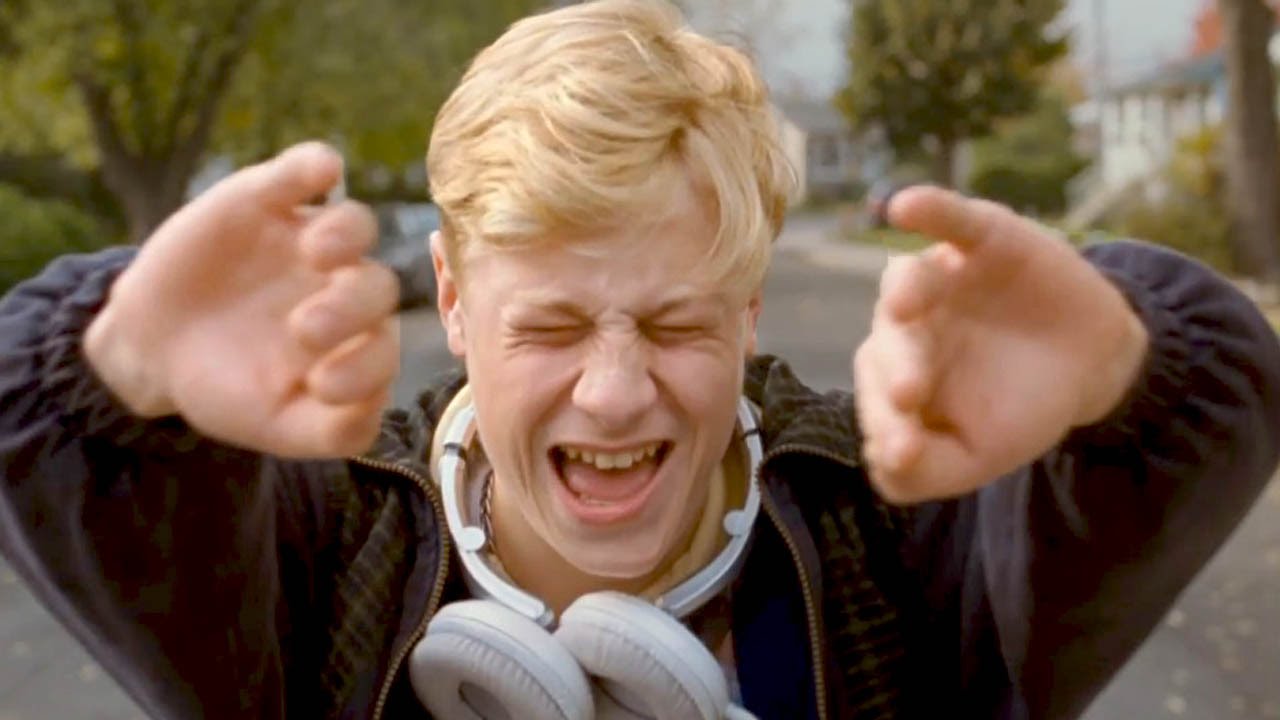
With this film, young writer/director Xavier Dolan presents some truly interesting characters with immense depth, and in many ways it feels like a very personal film when the relationship between the widowed mother and the troubled son is explored.
The use of the 1:1 aspect ratio in which the film is mostly shot is a big part of the feeling of the film, and it feels just as liberating whenever main character Steve breaks out of the format, and it feels just as shut in and oppressive whenever the ratio aspect is back at 1:1. Whether it involves violence, alcohol, tantrums, or all of them at once, it’s quite dismaying.
It’s especially the relationship Steve has with the two women in his life, his neighbor and his mother, that makes this film so special. It’s their weird sexual and violent relationship with each other, but it’s also the mother’s attempts at retaining youth, the neighbor’s awkwardness and stammer, and Steve’s unbalanced emotional state. The characters are all very well written, acted and directed, and there is such a special bond between them that it only makes it that much tougher when it all crumbles.
3. Dancer in the Dark (Lars von Trier, 2000, Denmark/And More)
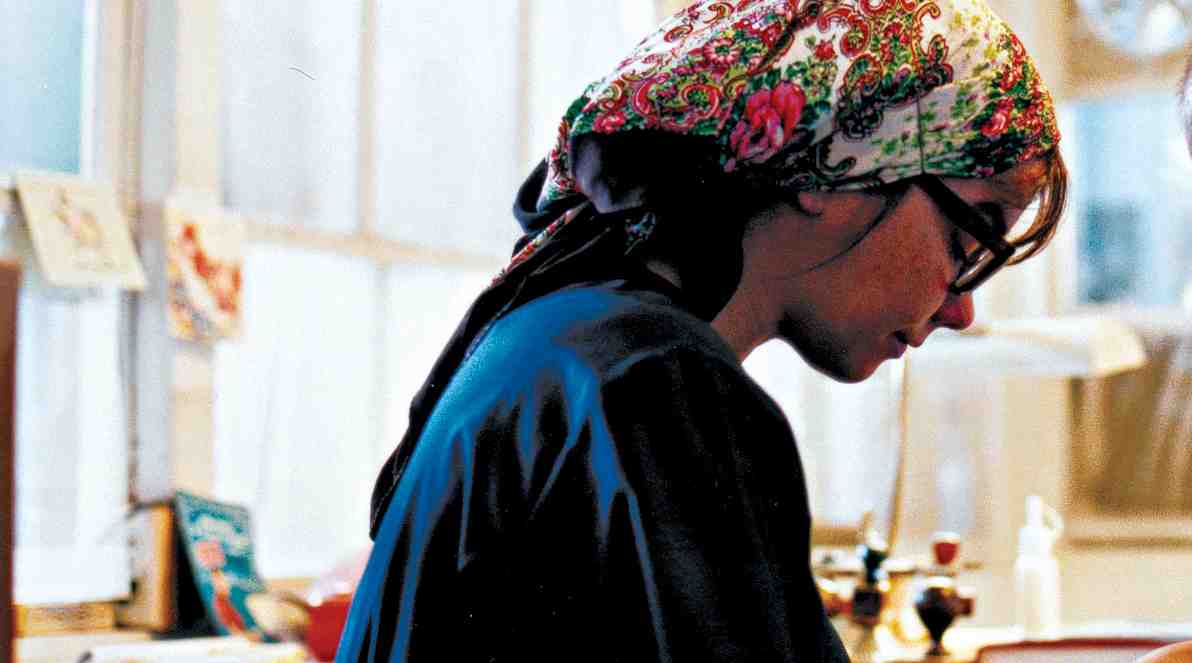
This is a musical by notorious auteur Lars von Trier. A musical!
Lars von Trier is often associated with controversy, and this film was no exception upon its release, but it’s also often remembered for the sheer human injustice it displays. The story of Selma Ježková, beautifully portrayed by singer/songwriter Björk, offers a heartfelt and emotional look into human agony. It’s a rather difficult film to absorb after viewing, which is not uncommon for von Trier, but not necessarily because of the themes of sexual exploitation or religion, but simply because it’s heart wrenching.
The film investigates human nature as Selma is put through a series of unjust ordeals, but keeps holding on to her naïve hope for the life that waits ahead. As she slowly goes blind and is sentenced for the murder of a man, it’s her extreme motherly love for her son, as well as her fear of death, that leaves the audience pensive.
Although some of the manifesto’s rules are certainly broken, it’s clear that Dogme 95 has had a distinct impact on the film and obviously helps in creating the feeling of sorrow that the audience is left with. From handheld camera use, natural lighting, emotional and very real acting, to the use of zooming into ultra close-ups when big emotional moments are at stake, it almost feels like a documentary, which only makes the film so much more personal and real. Uncomfortably real.
2. Lilya 4-ever (Lukas Moodysson, 2002, Sweden/Denmark)
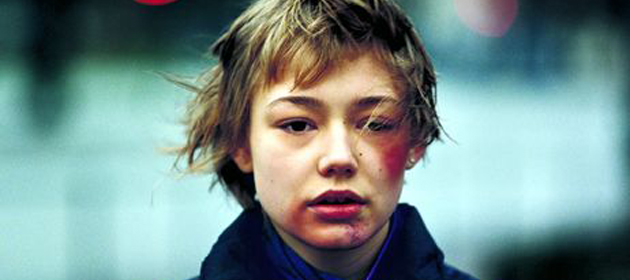
After having successfully directed “Fucking Åmål” and “Tillsammans”, both tender and comical films in their own way, Lukas Moodysson surprised most people when he chose to direct a film such as “Lilya 4-ever”, one that is harsh, ruthless and extremely sad.
The story of Lilya is a story of injustice as the young girl from the Soviet Union, left all to herself in a bleak residential area by her mother, is brought into prostitution in Sweden. It’s the harsh contrast between the naïve dreams and hopes of the young Lilya, set up against the reality and brutality of respectful-looking Swedish men, in their nice allotment gardens, getting pleasure from having sex with the almost unconscious teenager.
It’s a tough subject matter of how the lives of young girls are ruined by trafficking and how adults keep letting them down, and even though the director claims that the ending is supposed to be an uplifting message of how God’s power can help human beings stay optimistic in the most ruthless of circumstances, and even though the ending can indeed be interpreted in many ways, the film itself will leave you broken and shattered.
1. The Broken Circle Breakdown (Felix Van Groeningen, 2012, Belgium)
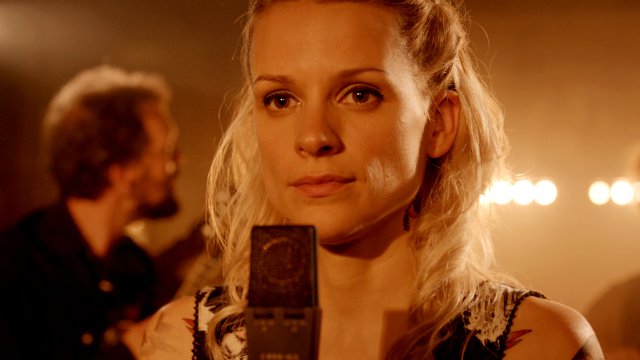
The title alone is a strong indicator of the suffering to come when the circle breaks down and crumbles. It’s a film about a couple whose young daughter suffers from a terminal illness. It’s rather simple, but nonetheless, due to the incredibly strong ups and downs in the story, you cannot help but feel deeply affected by this Belgian chef-d’oeuvre of a film.
The bluegrass music is what makes Elise truly fall for Didier, and so it follows them through their lives together. It’s not a chronological narrative, and the jumping in time from the cool and romantic wedding to the hospital wings works so well for the emotional impact of the film. It’s not about whether the daughter will die in the end, it’s about the different stages of handling life, love, relationships, religion, parenthood and death. It’s the journey of it, and what it means to the love between us.
It’s the issue of how you tackle death, especially when the dying patient is so young. When Maybelle, the daughter, finds a dead bird in the garden and innocently asks her atheist father what will happen to it, he is confronted with the dilemma of choosing what to say. Should he tell her that the bird is dead, that it will rot, decompose and never return, as he sincerely believes himself, or should he lie and tell her that the bird will go to heaven, in order to spare her? It’s tough, and so is the film.
Author Bio: Dicte Houmøller is a Danish film enthusiast who likes to think of herself as a future screenwriter. For now she tries to cruise around on her skateboard and look cool, while coming up with great scenes for her next script.